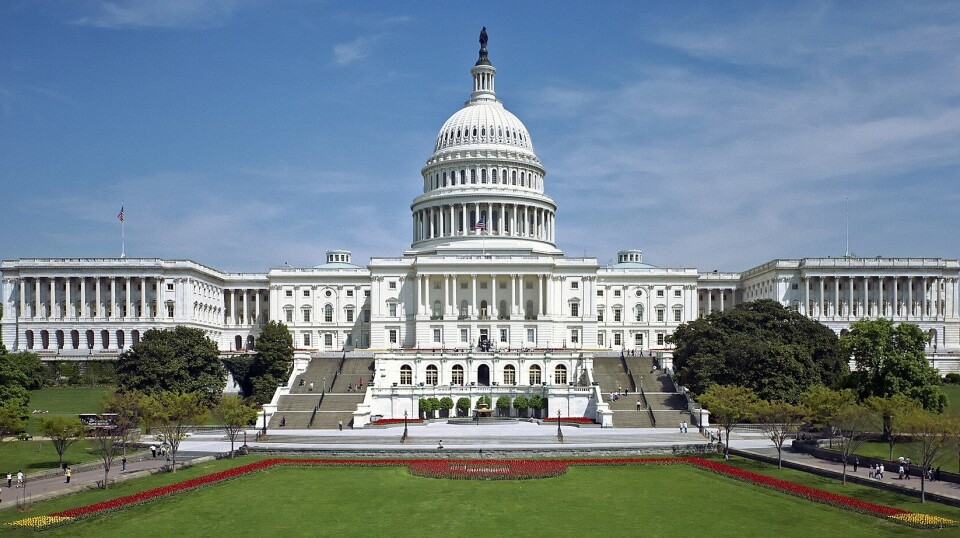
US seafood coaltion makes fresh push for aquaculture law
More than 50 companies, organisations, and individuals connected to the United States seafood industry have put their names to a letter sent to members of an important Congressional committee which has three offshore aquaculture related bills to consider.
The letter from industry coalition Stronger America Through Seafood (SATS) has been sent to leaders of the Natural Resources Committee of the House of Representatives in a demonstration of growing support for expanding aquaculture in US federal waters.
Signatories range from tech and artificial intelligence companies such as San Francisco’s Aquabyte and Boston’s Innovasea, to Hawai’i kanpachi farmer Blue Ocean Mariculture and California’s Monterrey Bay Aquarium, as well as feed producers Cargill, Skretting, and Rangen/Wilbur-Ellis Nutrition, and Amy Novogratz, co-founder and board member of sustainable aquaculture investor Aqua Spark.
'A necessity'
“SATS is proud to lead this industry letter of support as we advocate for expanding aquaculture in US federal waters,” said Drue Banta Winters, campaign manager of SATS.
“With nearly 80% of the seafood consumed in the US being imported - up to half of it farm raised overseas - and climate change impacting wild capture fisheries, enhancing our domestic seafood production through aquaculture, in complement with our wild fisheries, is not just a smart choice but a necessity. A robust American offshore aquaculture industry is essential to bolster our sustainable seafood supply and secure our nation’s food security, and we encourage the Committee to take action to advance legislation that would facilitate growth of the industry.”
Three bills
The letter, which can be viewed here, was addressed to committee chairman Bruce Westerman (Republican, Arkansas), ranking member Raul Grijalva (Democrat, Arizona) and Water, Wildlife and Fisheries Subcommittee chairman Cliff Bentz (Republican, Oregon), and ranking member Jared Huffman (Democrat, California). It explained the potential that offshore aquaculture has to improve American food security and nutrition, enhance coastal resilience, create quality jobs, help restore species and habitats, and ensure that seafood (both wild-caught and farmed) continues to be an important part of the global food supply.
The letter also offers industry support as the Committee considers three offshore aquaculture related bills: H.R. 4013, the Advancing the Quality and Understanding of American Aquaculture (AQUAA) Act, H.R. 5944, the Science-based Equitable Aquaculture Food (SEAfood) Act, and H.R. 1461, the Coastal Seaweed Farm Act.
The permitting process for offshore aquaculture in the US is complicated, glacially slow, and varies from state to state. Previous attempts to create a law that would provide a simpler, universal permitting process have failed because senators or representatives have not given the proposed legislation priority and it has not been addressed before that end of the two-year term of that sitting of Congress.























































